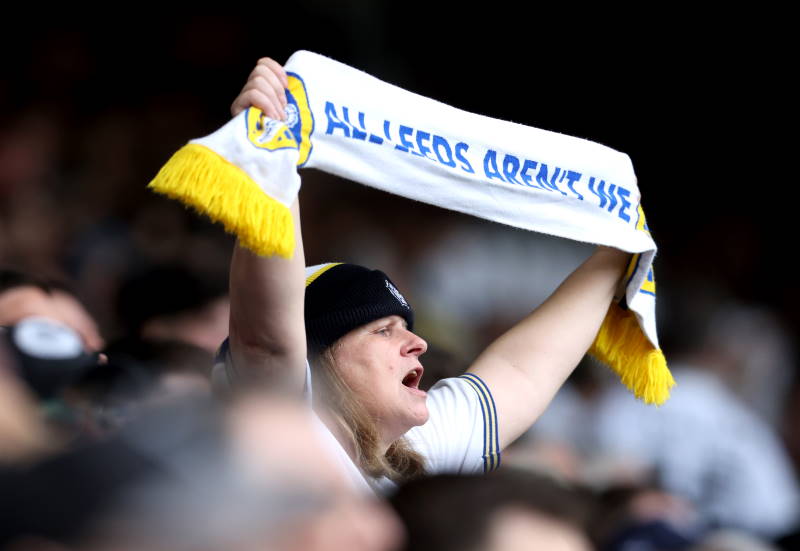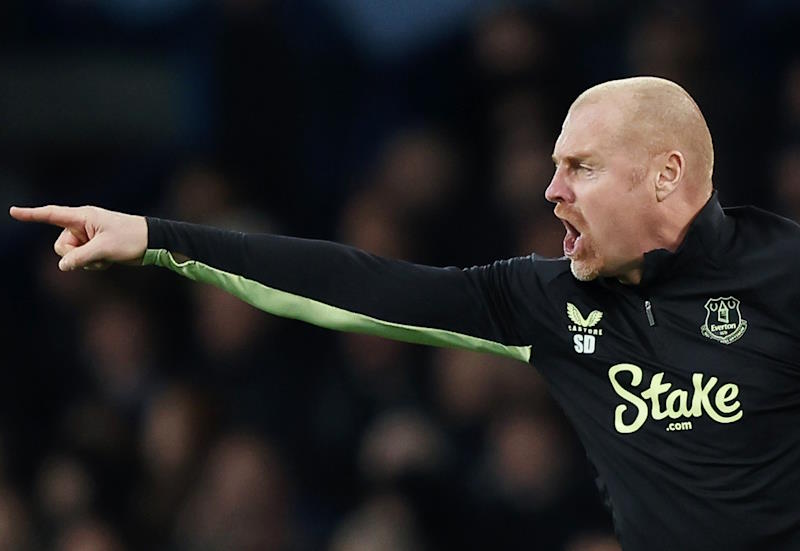
Chris Moller
When Schalke 04 presented Felix Magath as their new coach in the summer of 2009, it looked like a scoop. Magath, already a two-time title winner with Bayern Munich, had, in just two seasons in charge at Wolfsburg, turned the club from a mid-table outfit into German champions. The former West Germany international was hired to win the Bundesliga for title starved Schalke before the end of his four-year contract, but his style ultimately clashed with an entrenched club culture at the Veltins Arena.
This, to some extent, was all part of the plan from the outset. Magath was to reform one of the German clubs most bound by tradition from within. “You can change anything you find worthy of change, even if the changes prove painful”, said Schalke chairman Clemens Tönnies at the start of Magath’s tenure.
The now-57-year-old was given wide-ranging powers to ring the changes at a club whose structure he saw as overly complicated and not transparent. Magath was not only the coach, as manager he was also in charge of transfers. This is unusual in Germany where responsibility for these two areas is traditionally divided between two people. On top of this, the ex-Bayern chief also took care of marketing – and he was on the club’s board.
On a purely sporting level, Magath was successful at Schalke. In his first season in charge, Magath led the club to a surprise second-place finish in the Bundesliga and into the Champions League. Granted, leaving the team in tenth place in the Bundesliga with eight matches left this season is disappointing, but hardly grounds for dismissal with the team in the German Cup final and a Champions League clash with Inter in the quarter-finals ahead.
It was off the pitch that things started to sour for Magath. Upon review, Tönnies did not find the club’s finances in the state he had expected – allegedly Magath was too relaxed, with a statute that he would need the go-ahead from the board to see through transfers worth more than €300.000. Magath also presided over an amazing turnover of players, seeing 42 arrive and 35 depart, amongst those key performers such as Kevin Kuranyi, Ivan Rakitic and former captains Marcelo Bordon and Heiko Westermann.
These two factors made the Ruhr club’s leadership nervous. In the summer of 2010, Horst Heldt was brought in from VfB Stuttgart as sporting director to keep Magath’s dealings in check, but soon found himself effectively shut out, quickly losing influence. The same was equally true for Schalke CFO Peter Peters and other members of the club’s administration. Magath had also swept his new broom to rid the Veltins Arena of popular staff like former goalkeeper Oliver Reck and instead increasingly relied upon his own people, building, in the words of the German media, a ‘club within the club’.
In the summer of 2010 the situation was to take a turn for the worse however, as Magath infuriated large parts of Schalke’s loyal fan base by firing Rolf Rojek, the club’s fan liaison officer since 1988, supposedly due to an overlap of responsibilities. The umbrella organisation of Schalke fan clubs, headed by Rojek and representing some 80,000 supporters, responded with an official statement that read: “We consider this decision a massive and unprovoked attack on the homogeneous, intact and sometimes quite critical structures that have grown over decades in the Schalke fan scene.” Magath also doused the flames further by remarking that the professionalism required of him meant he could not be a Schalke fan. That too did not sit well with supporters. “At Schalke, you have to take care of the fans and he has neglected that. It is his own fault that he has come under criticism”, said Tönnies.
More than any coach before him, Magath split Schalke’s fans right down the middle, with one faction supporting the former Wolfsburg boss and the other calling for his ousting in large, organised events in and around stadiums as well as online. Magath tried to rebuild a rapport with the fans through a personal Facebook page (which remains in place even if the coach does not), but his efforts always felt contrived.
Schalke’s players, just as those of his old clubs, were less than enamoured with Magath’s strict training regime, a practice which earned him ‘Quälix’, a pun on his first name and the German word for torture, quälen. His is also a detached style of man management. “I don’t pretend to be a hobby psychiatrist and I don’t ask how [the players] feel”, said Magath. Allegedly, captain Manuel Neuer approached club boss Tönnies on behalf of the payers twice to discuss Magath’s take on training and man management.
All of these factors combined to lead to an increasingly frosty relationship between camp Magath on the one side and Tönnies and the rest of the club’s leadership on the other. The running of German clubs is based on consensus among several parties, including the coach, the sporting director, the chairman, the supervisory and managing boards, and the rank and file members of the club. Magath tried to concentrate decision making to form a more agile enterprise, but rubbed firmly against strong structures that had ossified over decades.
In the end, Magath’s approach was too much for Schalke to handle. Tönnies openly talked about, loosely translated, Magath’s “project almighty”, and, in a style not unfamiliar to Schalke, talk of the coach’s impending dismissal seeped out on the day of the return leg of Schalke’s Champions League Round of 16 encounter with Valencia. A week later, the 57-year-old was unanimously ousted by the club’s supervisory board.
At Schalke, after the dust settles the Ruhr giants will now return to the old ways, with Horst Heldt in charge of transfers and Ralf Rangnick, a former Schalke boss between 2004 and 2005, back as coach. In contrast to the high profile arrivals of Klaas-Jan Huntelaar and Raul under Magath, die Knappen are to loosely copy the example of arch rivals Borussia Dortmund and focus on bringing through talent from the club’s youth ranks. There is no talk of Bundesliga titles at the Veltins Arena, the goal is more modest – European qualification.
Meanwhile, Magath is back at Wolfsburg as coach and manager, a club with substantially less history to burden his efforts, where the former Bayern boss will not be inhibited by conservative management and strong fan factions. And while the Wolfsburg faithful can dream of a return to the top under Magath, the club’s players are ready for the return of a training regime that takes no prisoners.
“I left behind different players to what I have found again”, said Magath after Wolfsburg’s 1-1 draw with Stuttgart. “I have seen a side which is in poor condition. Why and how they are in such a poor state, I will only be able to say soon. We have got to eradicate this. We have to do something immediately for our condition so that we can really take on this fight against relegation.”
Quälix the Almighty is back.












